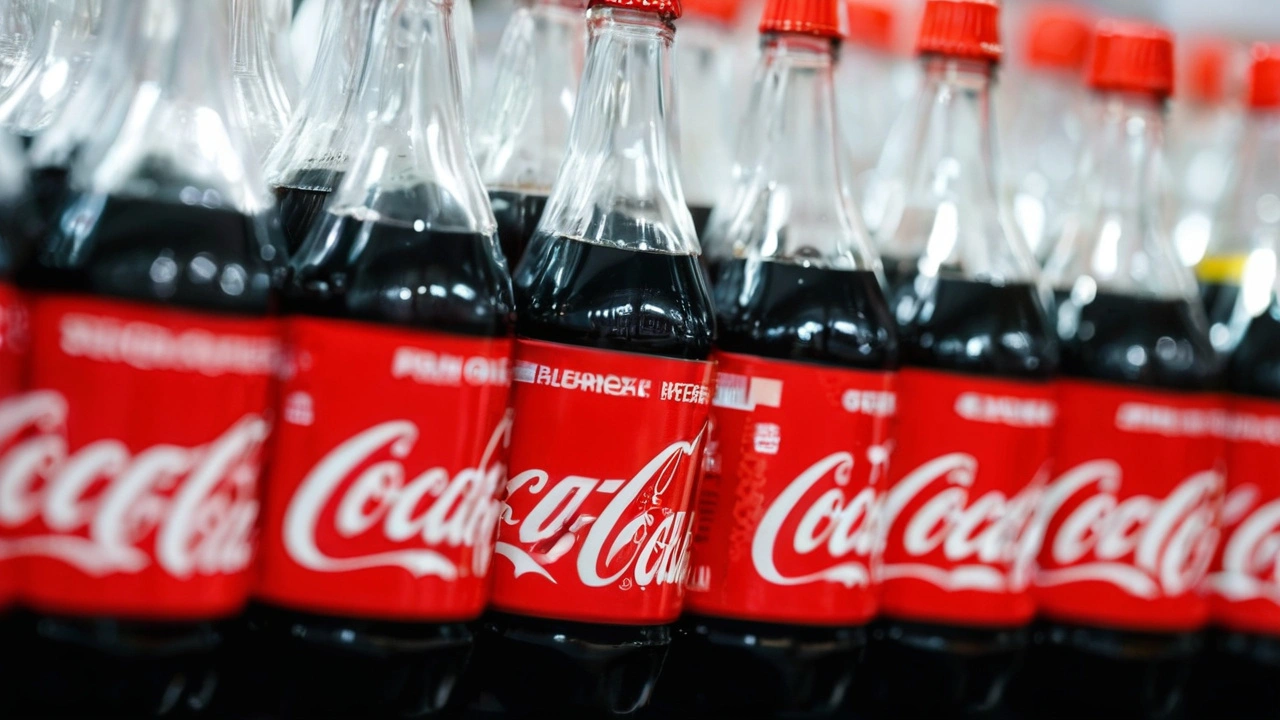Coca-Cola Accused of Secret Sugar to Artificial Sweeteners Switch by FCCPC
The Federal Competition and Consumer Protection Commission (FCCPC) has recently leveled serious accusations against Coca-Cola Nigeria Limited and the Nigerian Bottling Company. It claims these companies have clandestinely replaced sugar with artificial sweeteners in their products, igniting concerns about consumer health and safety. This revelation has brought additional scrutiny on the transparency and ethical practices within the food and beverage industry. The FCCPC alleges that Coca-Cola executed this change without notifying consumers or updating product labels, a direct violation of consumer rights and regulatory standards.
Consumer Rights and Transparency
Transparency in manufacturing processes is paramount, particularly when it concerns products that individuals consume daily. The FCCPC's allegations spotlight a significant lapse in ethical standards, raising questions about how food and beverage companies disclose changes in their ingredient formulations. The move by Coca-Cola, allegedly executed without any formal announcement or proper labeling, has put consumers at a disadvantage. They have been unknowingly consuming products with artificial sweeteners, which some believe to have potential health risks. This breach of trust underscores the necessity for stringent regulations and oversight to ensure that consumers are adequately informed about the products they purchase and consume.
Health Implications of Artificial Sweeteners
The health implications of artificial sweeteners have long been a contentious topic among scientists, health professionals, and the general public. While artificial sweeteners are often marketed as healthier alternatives to sugar, they are not without controversy. Research suggests that these substitutes can have adverse effects on the human body. One significant area of concern is their impact on gut health. Some studies have indicated that artificial sweeteners can disrupt the balance of gut microbes, which plays a crucial role in digestion and overall health. Alterations in gut microbes have been linked to a range of metabolic disorders, including obesity and diabetes. This ongoing debate about the safety of artificial sweeteners makes the FCCPC's allegations against Coca-Cola even more alarming.
Regulatory Oversight and Company Accountability
The incident underscores the critical role of regulatory bodies like the FCCPC in protecting consumer interests and ensuring that companies comply with ethical and legal standards. Regulatory oversight is essential to safeguard public health and prevent companies from engaging in deceptive practices. The FCCPC's action against Coca-Cola should serve as a wake-up call for other companies within the industry to prioritize transparency and consumer safety. It also emphasizes the importance of robust regulatory frameworks that mandate explicit labeling and disclosure of ingredient changes. Consumers have a right to know what they are consuming, especially when it involves ingredients that could potentially affect their health.
The Future of Artificial Sweeteners
The controversy surrounding artificial sweeteners is not likely to die down soon. With growing consumer awareness and advocacy for healthier lifestyle choices, companies will be under increasing pressure to disclose all ingredients transparently. This heightened scrutiny is likely to spur more comprehensive research into the long-term effects of artificial sweeteners. It may also lead to the development of new regulations aimed at protecting consumers from potential health risks associated with these ingredients.
Ultimately, the FCCPC's allegations against Coca-Cola highlight the broader issue of accountability within the food and beverage industry. Companies must take proactive steps to ensure their products are safe, transparently labeled, and marketed honestly to preserve consumer trust and safeguard public health.
